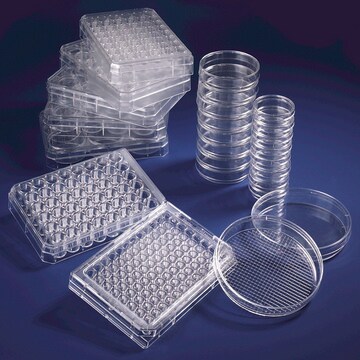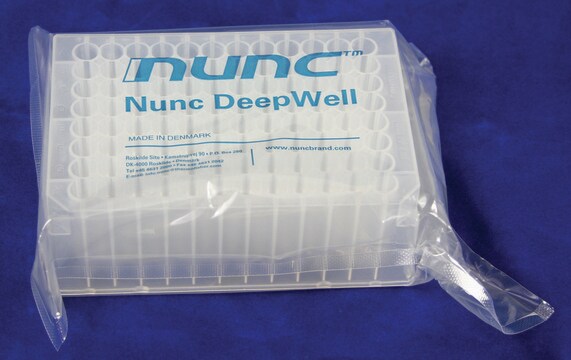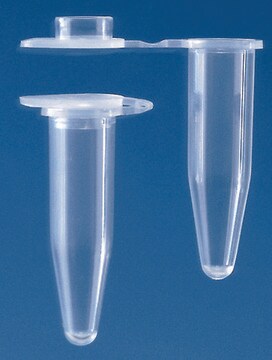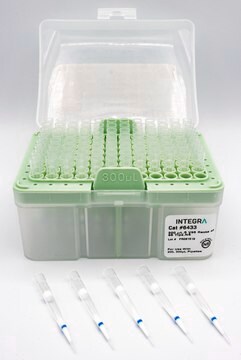推荐产品
一般說明
The Nunc UpCell Surface dishes have a temperature responsive cell culture surface. These UpCell Surface dishes are suitable for harvesting of cells with intact surface proteins, for culture passaging, single-cell analyses and cell transplantation research. The UpCell surface enables harvesting of cell sheets and creation of 3D tissue models which are held together by normal cell junctions and extracellular matrix.
Note: Suitable for the harvesting of cells with intact surface proteins, for cell culture passage, single-cell analyses and cell transplantation research.
- Harvesting of cells with intact surface proteins
- No trypsinization - preserve cell surface proteins
- No physical force - get high cell viability
- Releases adherent cells by reduction of temperature of the cell culture
- For culture passaging, single-cell analyses and cell transplantation research
- Enables harvesting of cell sheets and creations of 3D tissue models held together by normal cell junctions and extracellular matrix
- Minimal hands-on time
- For research and single-use only
- It is quick, clean and simple-just reduce the temperature
Note: Suitable for the harvesting of cells with intact surface proteins, for cell culture passage, single-cell analyses and cell transplantation research.
法律資訊
Nunc is a registered trademark of Thermo Fisher Scientific or its subsidiaries
UpCell is a trademark of Thermo Fisher Scientific or its subsidiaries
Jinhee Hyun et al.
PLoS pathogens, 15(7), e1007883-e1007883 (2019-07-02)
Chronic infection with human immunodeficiency virus (HIV) and hepatitis C virus (HCV) affects an estimated 35 million and 75 million individuals worldwide, respectively. These viruses induce persistent inflammation which often drives the development or progression of organ-specific diseases and even
我们的科学家团队拥有各种研究领域经验,包括生命科学、材料科学、化学合成、色谱、分析及许多其他领域.
联系技术服务部门


